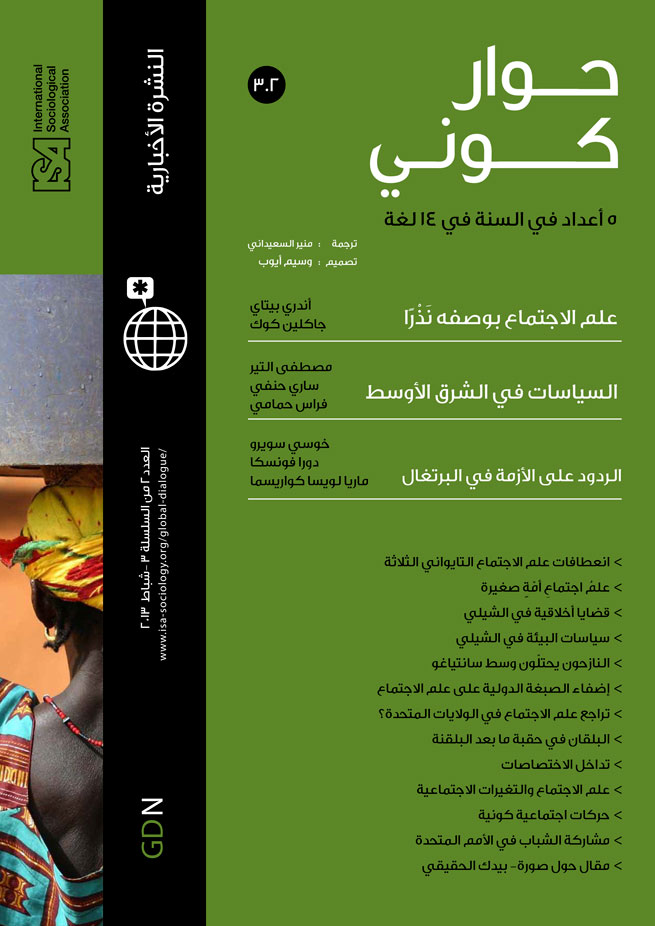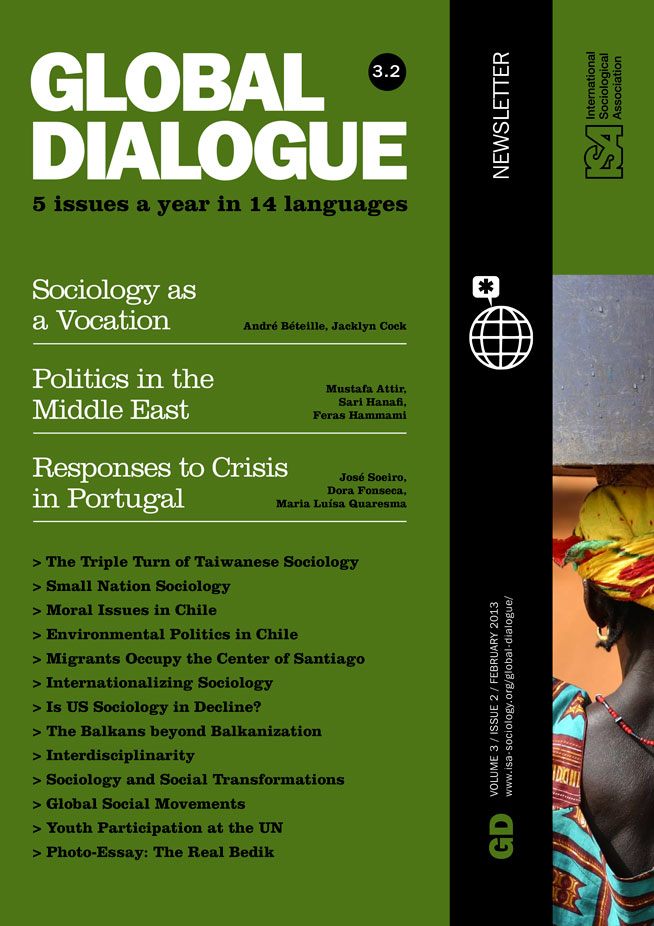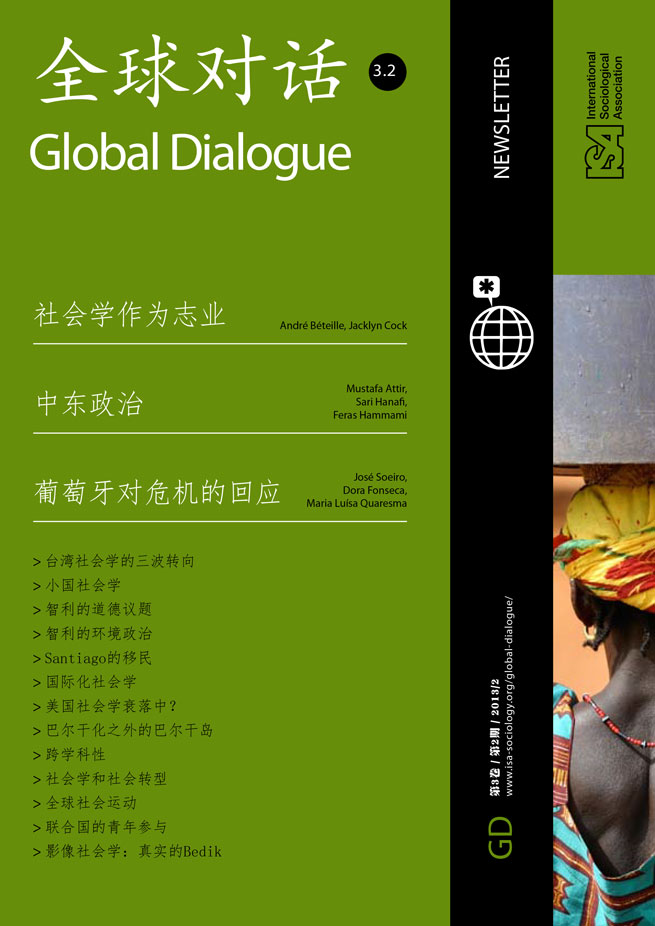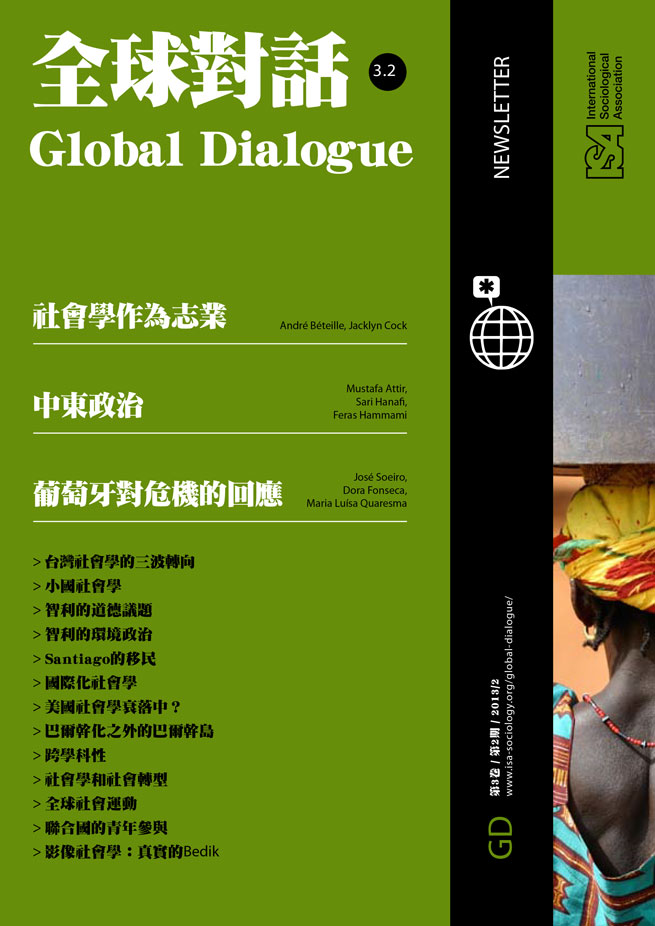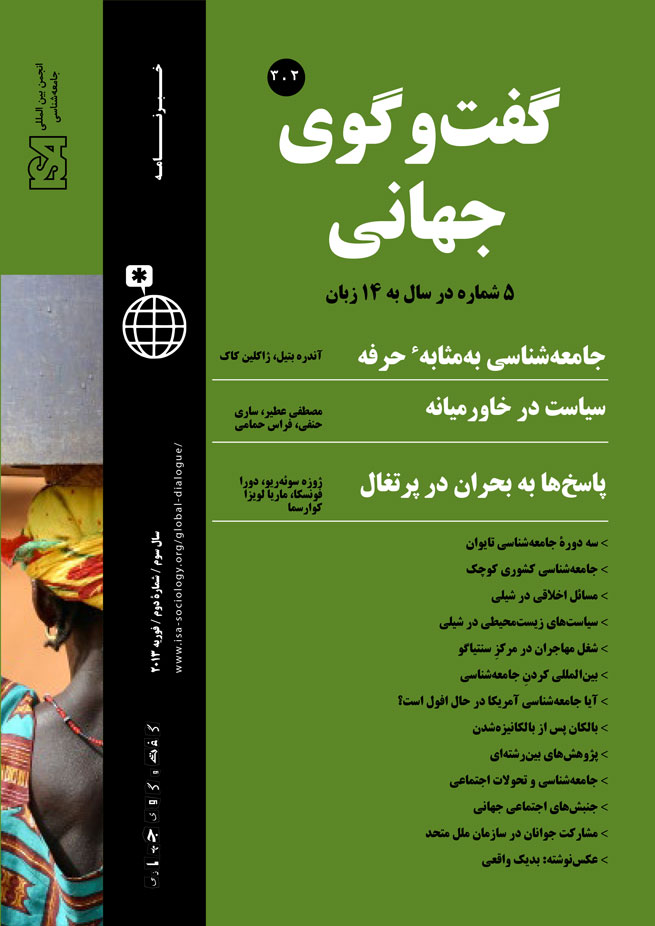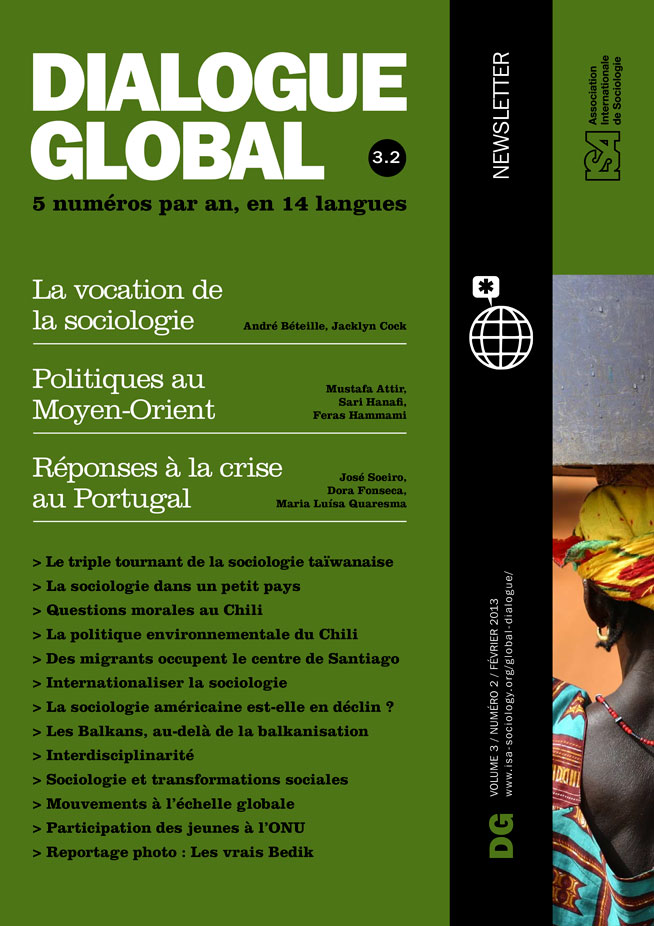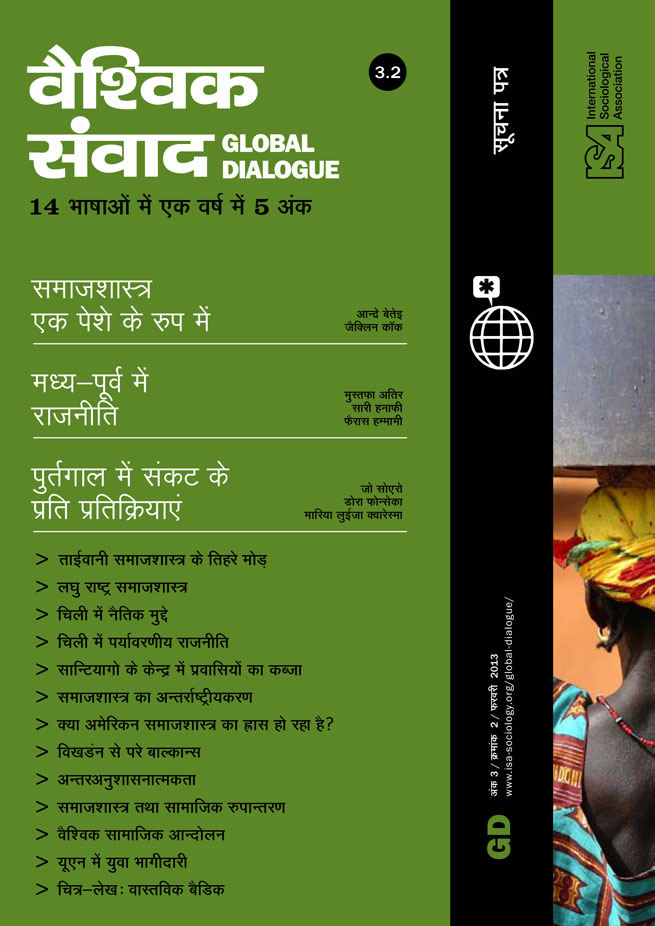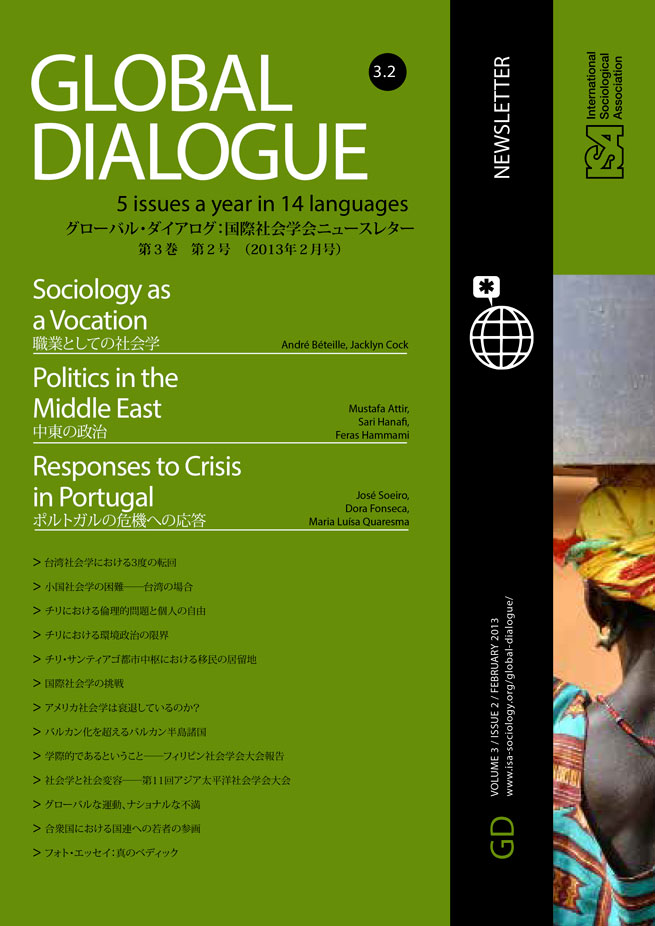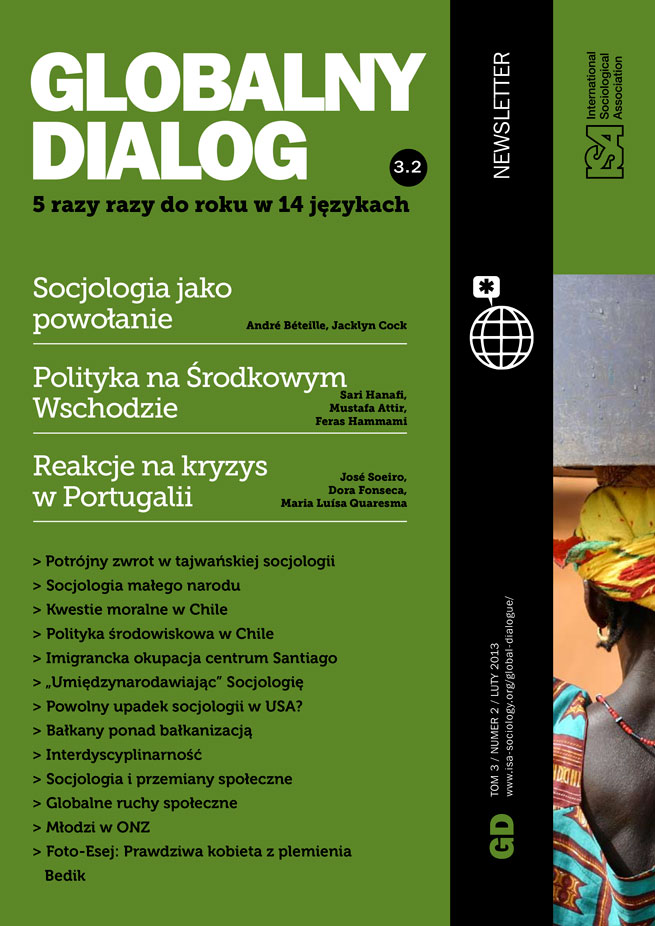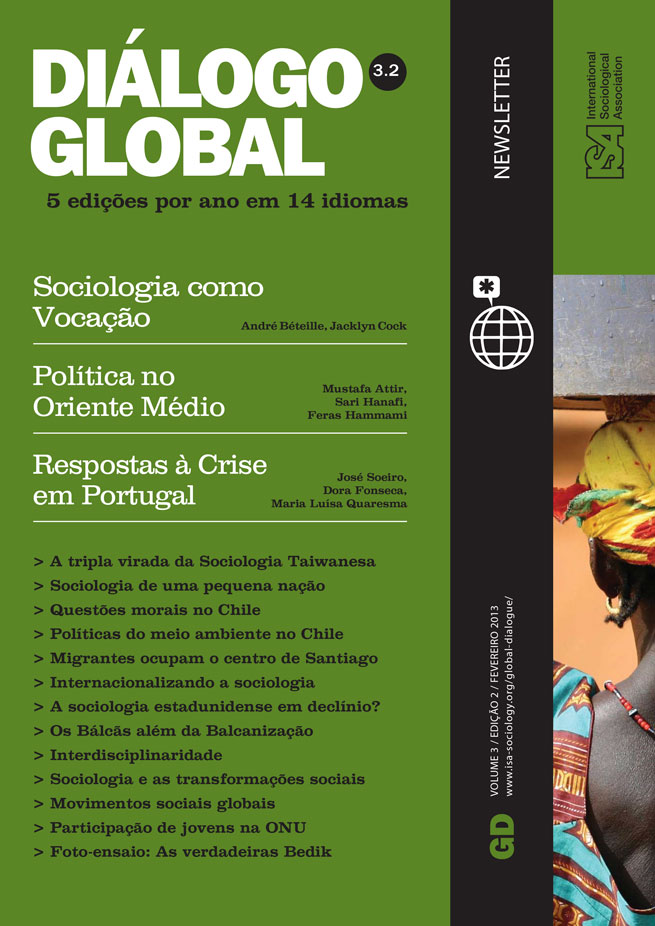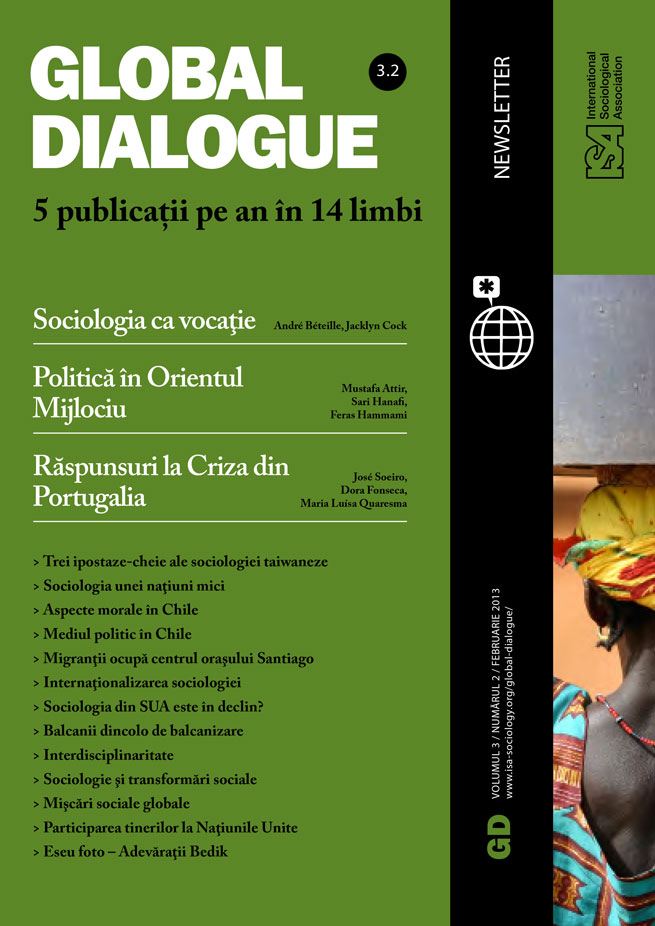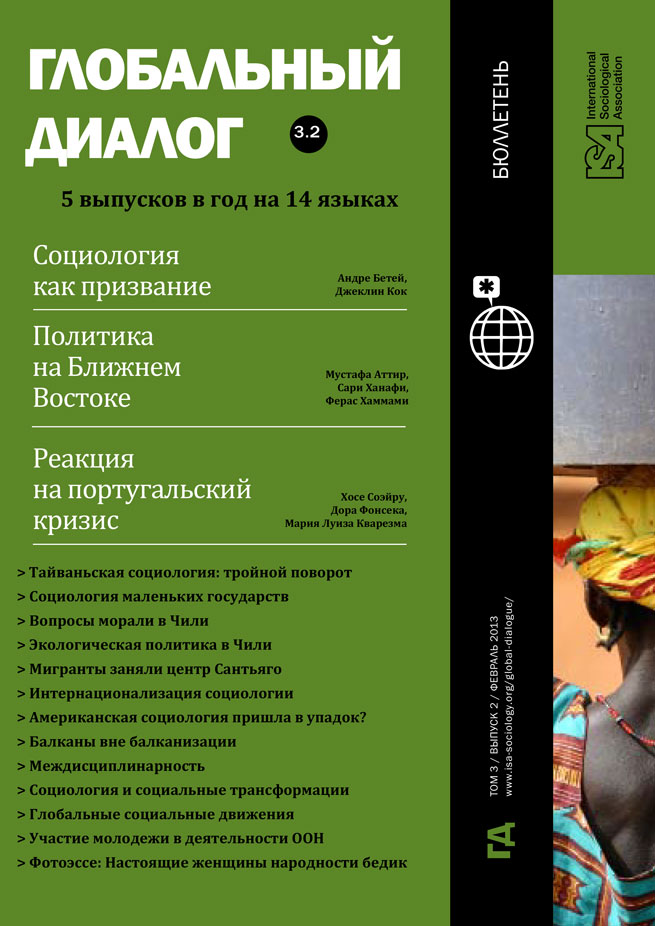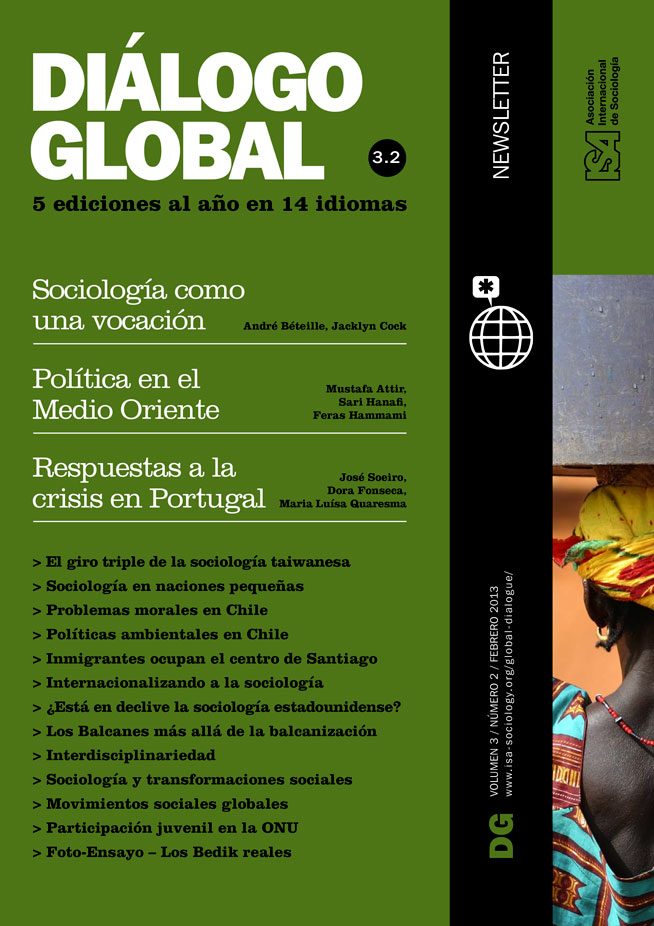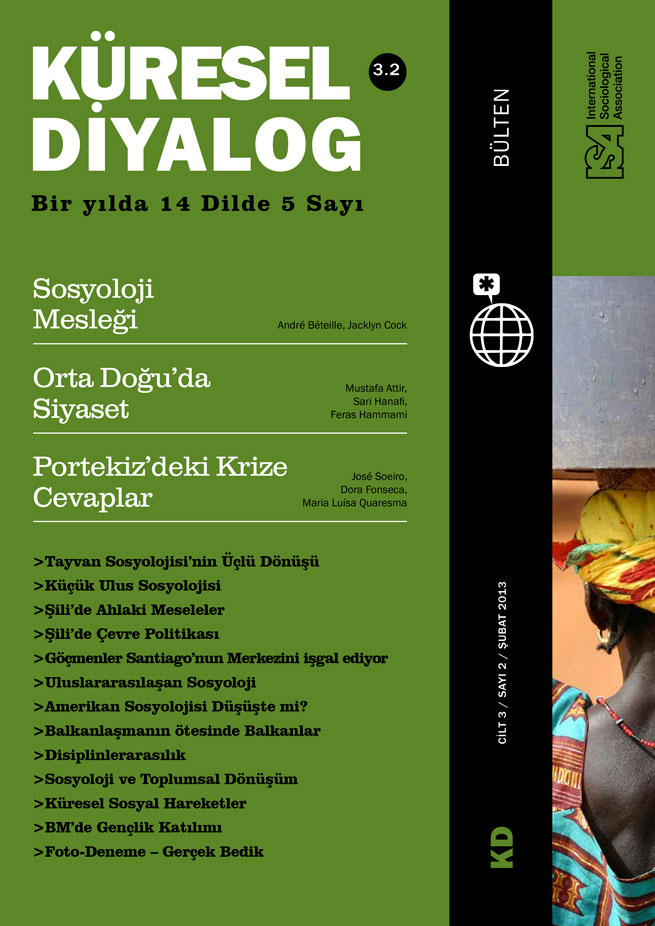Read more about Taiwanese Sociology
The Triple Turn of Taiwanese Sociology
by Hsin-Huang Michael Hsiao
February 15, 2013
Begun less than 60 years ago with only a handful of sociologists with hardly any PhD training, sociology in Taiwan has grown in recent years into a discipline of about 300 PhD-level scholars. It has made significant progress in research and often contributed to public policy deliberation. It has made great strides that befits a country rapidly transforming itself from an agricultural society into an industrial powerhouse.
Yet there is a limit to Taiwan’s sociology in its striving for a theoretically and methodologically sound understanding of its own society, a limit imposed by the small size of its academic community which in turn is determined by the country’s population size and its academic investment. This limitation very likely imposes itself upon other small countries as well as upon other social science disciplines.
Today’s sociology, like any other academic discipline, is so highly specialized that it is commonly divided into scores of subfields each of which, in turn, contains more than a dozen major research issues. Such a specialized discipline requires years of theoretical-methodological training and practice to carry out a meaningful study on any major issue. A community of a mere three hundred sociologists means that most sociology subfields in Taiwan are able to recruit at most a handful of active researchers, and many important social phenomena are simply left unresearched.
As many aspects of Taiwanese society remain untouched by sociological research, our sociological understanding of Taiwan contains numerous and large empty patches. This deficit of knowledge, in turn, severely hampers our research. Without an adequate supply of indigenous studies to consult and cite, our research and teaching are being forced to rely more on foreign than indigenous materials. For the local situation, we often have to resort to speculation. As a consequence a significant portion of our understanding of Taiwanese society is actually based on educated guesses rather than on solid research, and readers of academic reports often have a hard time distinguishing guess work from sound knowledge.
Even for subfields that do receive scholarly attention, the number of active researchers is typically only in single digits. Publications appear sparsely and slowly, often with years in between, if not decades. Even in relatively popular subfields it often takes years to see one’s work being cited or commented upon. Productive dialogue between colleagues is often but a dream. Academic solitude is simply a matter of fact for many researchers. Even the best researcher will be frustrated by the lack of feedback and appreciation.
What is worse is that the scarcity of colleagues and dialogue also means the lack of checks and corrections in research. In extreme cases a badly flawed publication might remain the only available indigenous material on that topic for a decade, gaining the status of conventional wisdom by default, and misleading everyone along the way.
When too many topics remain poorly studied or even outright misunderstood, even the most thoroughly studied topics might suffer from misconception. The reason is simple. In doing research we don’t construct the whole picture from scratch. Instead we typically rely on a common stock of knowledge for background that is collectively constructed by the academic community and the common sense of our society. It is against this background of a common stock of knowledge that we interpret our data and reach our research conclusions. When this common stock of knowledge about our own society is vastly incomplete and often dubious, even the most diligent researcher runs the risk of misinterpreting their findings. In other words, no matter how good is our research design, data collection and data analysis, a severe deficit in background knowledge about our society can easily lead to a flawed interpretation of our research findings.
Furthermore, the shortage of local research also hinders the emergence of original concepts and theories that are often needed to analyze the distinctiveness of one’s own society. Every society has certain uniqueness that cannot be adequately comprehended with concepts or theories imported from abroad. In this kind of not-so-rare situation, in addition to local data, an indigenous concept or theory is needed to fully comprehend one’s society. Yet there are simply not enough scholars to develop them. Even in those extremely fortunate and rare cases when a scholar is able to come up with a good original concept or theory, there will be very few colleagues to appreciate and cite it. Facing the competition of imported concepts and theories which are honored by hundreds if not thousands of citations in international publications, the chances that an original concept or theory can win local followers are very slim. Despite the fashionable call for “indigenous” concepts and theories, the fact is that there are not enough colleagues, not enough mutual citing, therefore not enough credibility in the academic marketplace for such locally derived concepts or theories to flower. As a consequence, Taiwan’s sociology is bound to be largely an import-substitution industry that produces copycat studies by feeding local data into imported models.
So what can we do other than be pessimistic? Considering the relevance and value of social sciences in so many public policies, and the tremendous social cost of flawed public policy due to ignorance, it is our responsibility to press for investment in social sciences. On the other hand, we need to honestly acknowledge the limits of our understanding of our own society, be diligent in building up our wider social knowledge, and be more self-reflective in research interpretation.
Su-Jen Huang, National Taipei University, Taiwan
This issue is not available yet in this language.
Request to be notified when the issue is available in your language.
If you prefer, you can access previous issues available in your language:
